|
BUILD YOUR CAREER
February 8, 2021 | Online
International affairs researchers Chantal de Jonge Oudraat of WIIS, Michele Dunne of the Carnegie Endowment for International Peace, Elizabeth Hedge of the Global Women's Institute, and Rui Zhong of the Wilson Center, joined WFPG for an engaging discussion on research careers in international affairs and foreign policy. The panelists shared their career path, advice for those entering the field, and how research can make an impact on the world of policy and advocacy during a conversation moderated by WFPG Executive Director Kim Kahnhauser Freeman. The participants then joined speakers in breakout rooms for more informal discussions. This program was a part of our Professional Development Series co-hosted by Women In International Security. Members can watch a recording here or on our Member Career Resources Platform.
What We Learned What does a career in research really look like?
What are important traits of successful researchers?
How much education do I need?
What impact does research have on policy and advocacy?
Thank you to our speakers! 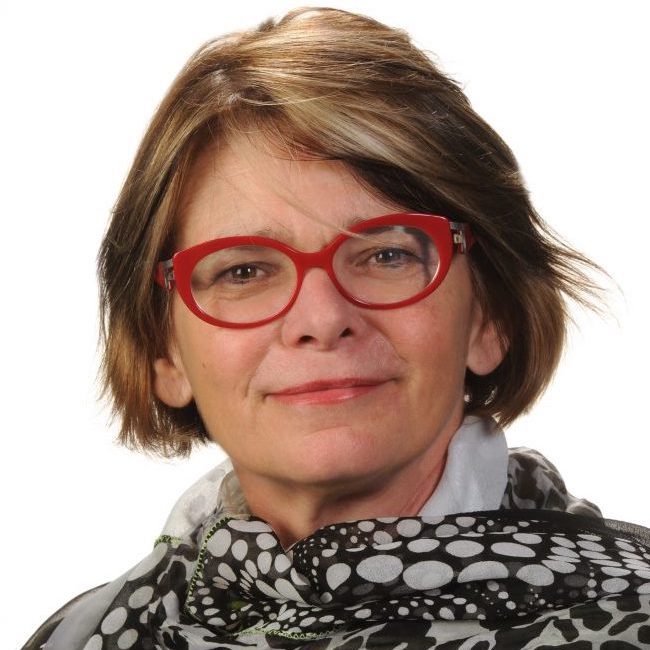 Chantal de Jonge Oudraat has served as President of Women In International Security (WIIS) since February 2013. Prior to joining WIIS, she was the founding and executive director of the Stockholm International Peace Research Institute (SIPRI) North America. Her previous positions include senior advisor to the US Institute of Peace Center for Gender and Peacebuilding; associate vice president and director of the USIP Jennings Randolph Fellowship Program; adjunct associate professor at Georgetown’s Walsh School of Foreign Service; and senior fellow at the Center for Transatlantic Relations at Johns Hopkins SAIS. Her areas of specialization include women, peace and security, international organizations, arms control and disarmament, and peacekeeping. She did her undergraduate studies at the University of Amsterdam and received her PhD in Political Science from the University of Paris II (Panthéon). Chantal de Jonge Oudraat has served as President of Women In International Security (WIIS) since February 2013. Prior to joining WIIS, she was the founding and executive director of the Stockholm International Peace Research Institute (SIPRI) North America. Her previous positions include senior advisor to the US Institute of Peace Center for Gender and Peacebuilding; associate vice president and director of the USIP Jennings Randolph Fellowship Program; adjunct associate professor at Georgetown’s Walsh School of Foreign Service; and senior fellow at the Center for Transatlantic Relations at Johns Hopkins SAIS. Her areas of specialization include women, peace and security, international organizations, arms control and disarmament, and peacekeeping. She did her undergraduate studies at the University of Amsterdam and received her PhD in Political Science from the University of Paris II (Panthéon).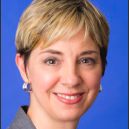 Michele Dunne is the director and a senior fellow in Carnegie’s Middle East Program, where her research focuses on political and economic change in Arab countries, particularly Egypt, as well as US policy in the Middle East. She was the founding director of the Rafik Hariri Center for the Middle East at the Atlantic Council from 2011 to 2013 and was a senior associate and editor of the Arab Reform Bulletin at the Carnegie Endowment for International Peace from 2006 to 2011. Previously, Dunne was a Middle East specialist at the State Department, where she served in assignments that included the National Security Council, the Secretary’s Policy Planning Staff, the US embassy in Cairo, the US consulate general in Jerusalem, and the Bureau of Intelligence and Research. She also served as a visiting professor of Arabic language and Arab studies at Georgetown. Michele Dunne is the director and a senior fellow in Carnegie’s Middle East Program, where her research focuses on political and economic change in Arab countries, particularly Egypt, as well as US policy in the Middle East. She was the founding director of the Rafik Hariri Center for the Middle East at the Atlantic Council from 2011 to 2013 and was a senior associate and editor of the Arab Reform Bulletin at the Carnegie Endowment for International Peace from 2006 to 2011. Previously, Dunne was a Middle East specialist at the State Department, where she served in assignments that included the National Security Council, the Secretary’s Policy Planning Staff, the US embassy in Cairo, the US consulate general in Jerusalem, and the Bureau of Intelligence and Research. She also served as a visiting professor of Arabic language and Arab studies at Georgetown.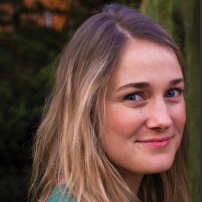 Elizabeth Hedge is a Research Associate at the Global Women’s Institute, directly supporting the Empowered Aid Research Project. Prior to joining the GWI, Elizabeth was the Policy & Resource Mobilization Specialist in UN Women's DC Liaison Office, where she supported advocacy, outreach, and partnership building with the government and DC foreign policy community. She also served as Gender Specialist for the Program on Gender Equality in International Affairs at GWU’s Elliott School, where she worked to mainstream gender in curriculum, research, events, and career guidance. She has taken part in multiple research and policy efforts on violence against women and girls in humanitarian settings and the Women, Peace, and Security agenda. She holds an MA in International Affairs with concentrations in Global Gender Policy & Conflict from GWU’s Elliott School, and a BA from Loyola Marymount University. Elizabeth Hedge is a Research Associate at the Global Women’s Institute, directly supporting the Empowered Aid Research Project. Prior to joining the GWI, Elizabeth was the Policy & Resource Mobilization Specialist in UN Women's DC Liaison Office, where she supported advocacy, outreach, and partnership building with the government and DC foreign policy community. She also served as Gender Specialist for the Program on Gender Equality in International Affairs at GWU’s Elliott School, where she worked to mainstream gender in curriculum, research, events, and career guidance. She has taken part in multiple research and policy efforts on violence against women and girls in humanitarian settings and the Women, Peace, and Security agenda. She holds an MA in International Affairs with concentrations in Global Gender Policy & Conflict from GWU’s Elliott School, and a BA from Loyola Marymount University.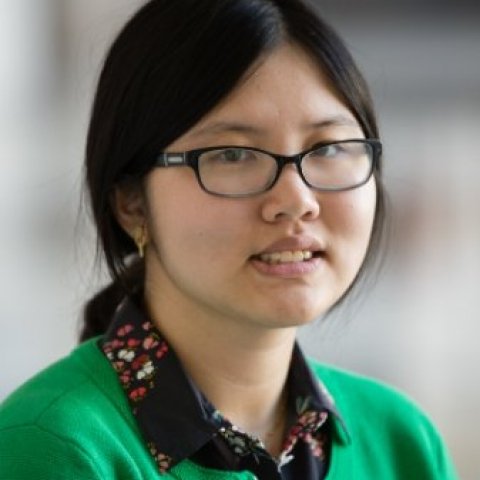 Rui Zhong is the Program Associate for the Kissinger Institute on China and the United States at the Wilson Center. She holds an MA from the Johns Hopkins School of Advanced International Studies and a BA in International Studies from Emory University. She has completed coursework at Peking University and earned a graduate certificate at the Hopkins-Nanjing Center in China. At the Kissinger Institute, she manages Mapping China’s Cultural Genome, a curated project that collects top-level speeches and commentary on China’s global cultural ambitions. Her research interests include China’s role in the East Asian Political Economy and how nationalist interests can impact business, technology and cultural policies. Rui's writing has appeared in publications including Foreign Policy, The Washington Post, and Chinafile. Rui Zhong is the Program Associate for the Kissinger Institute on China and the United States at the Wilson Center. She holds an MA from the Johns Hopkins School of Advanced International Studies and a BA in International Studies from Emory University. She has completed coursework at Peking University and earned a graduate certificate at the Hopkins-Nanjing Center in China. At the Kissinger Institute, she manages Mapping China’s Cultural Genome, a curated project that collects top-level speeches and commentary on China’s global cultural ambitions. Her research interests include China’s role in the East Asian Political Economy and how nationalist interests can impact business, technology and cultural policies. Rui's writing has appeared in publications including Foreign Policy, The Washington Post, and Chinafile.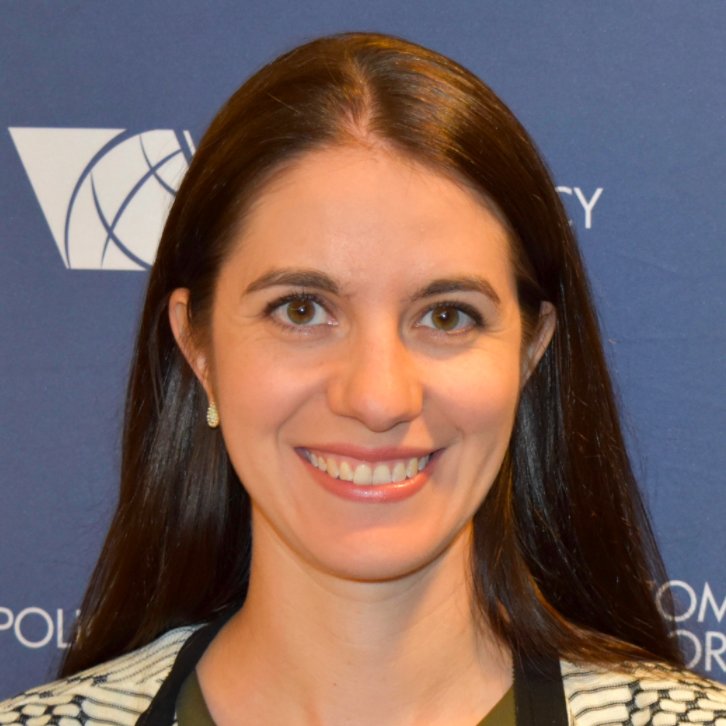 Kim Kahnhauser Freeman (Moderator) is the executive director of the Women's Foreign Policy Group, a non-profit organization which promotes women’s leadership and amplifies their voices in international affairs. Since joining the WFPG team in 2006, she has held roles of increasing responsibility supporting the organization’s global issues programs, membership outreach, mentoring initiatives, and strategic development. Previously, Kim was a Fulbright teaching fellow in Tirol, Austria, and researched public housing for the Center for Social Justice Research, Teaching and Service in DC. Kim was a 2011 State Department Young Turkey/Young America Fellow, and holds a BS in International Politics from Georgetown and an Executive Certificate in Nonprofit Management from Georgetown's McCourt School of Public Policy. Kim Kahnhauser Freeman (Moderator) is the executive director of the Women's Foreign Policy Group, a non-profit organization which promotes women’s leadership and amplifies their voices in international affairs. Since joining the WFPG team in 2006, she has held roles of increasing responsibility supporting the organization’s global issues programs, membership outreach, mentoring initiatives, and strategic development. Previously, Kim was a Fulbright teaching fellow in Tirol, Austria, and researched public housing for the Center for Social Justice Research, Teaching and Service in DC. Kim was a 2011 State Department Young Turkey/Young America Fellow, and holds a BS in International Politics from Georgetown and an Executive Certificate in Nonprofit Management from Georgetown's McCourt School of Public Policy. |


